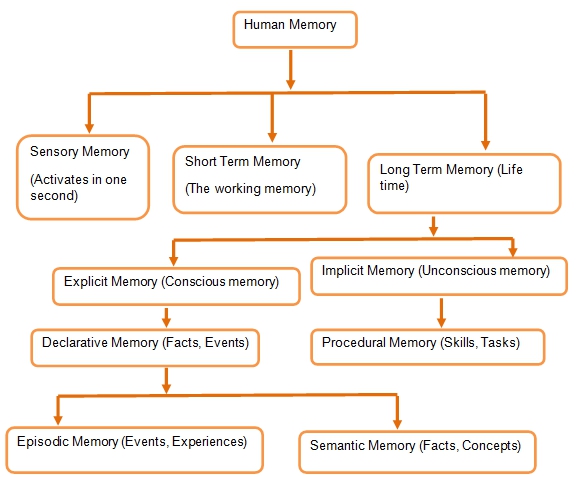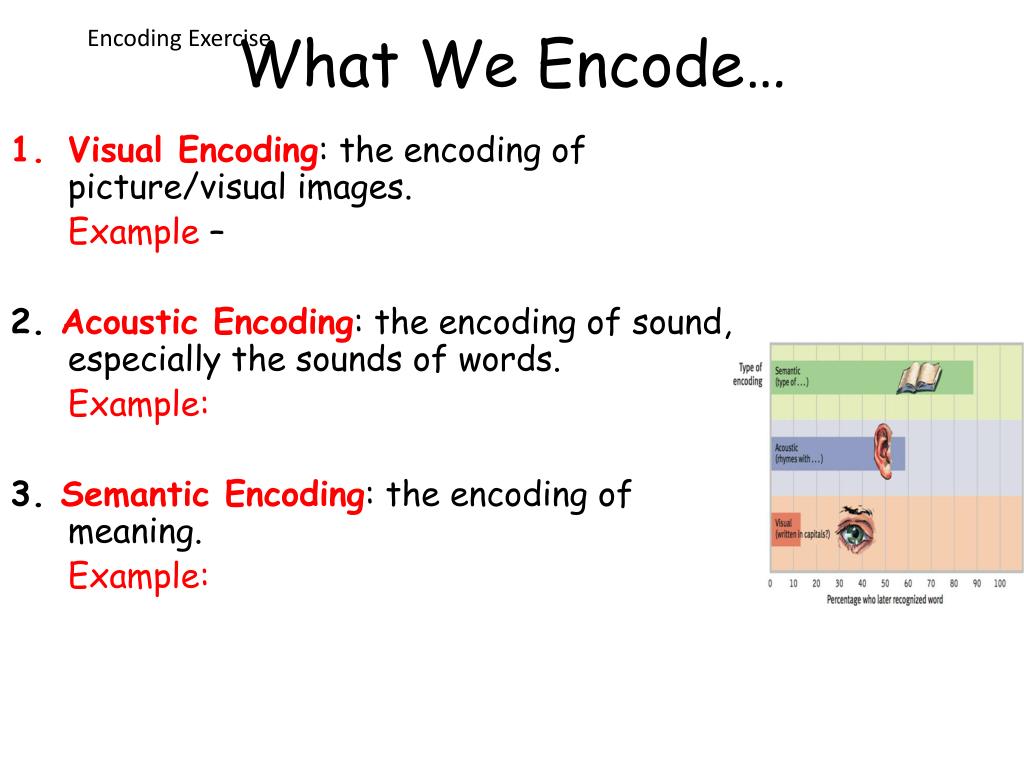
Success in college for students with discrepancies between performance on multiple-choice and essay tests. Students who do better on a multiple-choice exam will also, by and large, do better on an essay exam (Bridgeman & Morgan, 1996). Although they involve different processes, recall and recognition memory measures tend to be correlated. Journal of Experimental Psychology: Learning, Memory, and Cognition, 18(4), 691–702.

On the relationship between recall and recognition memory. Recognition, as on multiple-choice test, only involves determining which item from a list seems most correct (Haist, Shimamura, & Squire, 1992). Recall, such as required on essay tests, involves two steps: first generating an answer and then determining whether it seems to be the correct one. Your own experiences taking tests will probably lead you to agree with the scientific research finding that recall is more difficult than recognition. A multiple-choice test is an example of a recognition memory test A measure of explicit memory that involves determining whether information has been seen or learned before., a measure of explicit memory that involves determining whether information has been seen or learned before. We rely on our recall memory when we take an essay test, because the test requires us to generate previously remembered information. is a measure of explicit memory that involves bringing from memory information that has previously been remembered. A recall memory test A measure of explicit memory that involves bringing from memory information that has previously been remembered. Our discussion will focus on the three processes that are central to long-term memory: encoding, storage, and retrieval.Įxplicit memory is assessed using measures in which the individual being tested must consciously attempt to remember the information.

Then, in the next section, we will consider the nature of long-term memory, with a particular emphasis on the cognitive techniques we can use to improve our memories.

Spence (Ed.), The psychology of learning and motivation (Vol. Human memory: A proposed system and its control processes. In this section we will consider the two types of memory, explicit memory and implicit memory, and then the three major memory stages: sensory, short-term, and long-term (Atkinson & Shiffrin, 1968).



 0 kommentar(er)
0 kommentar(er)
